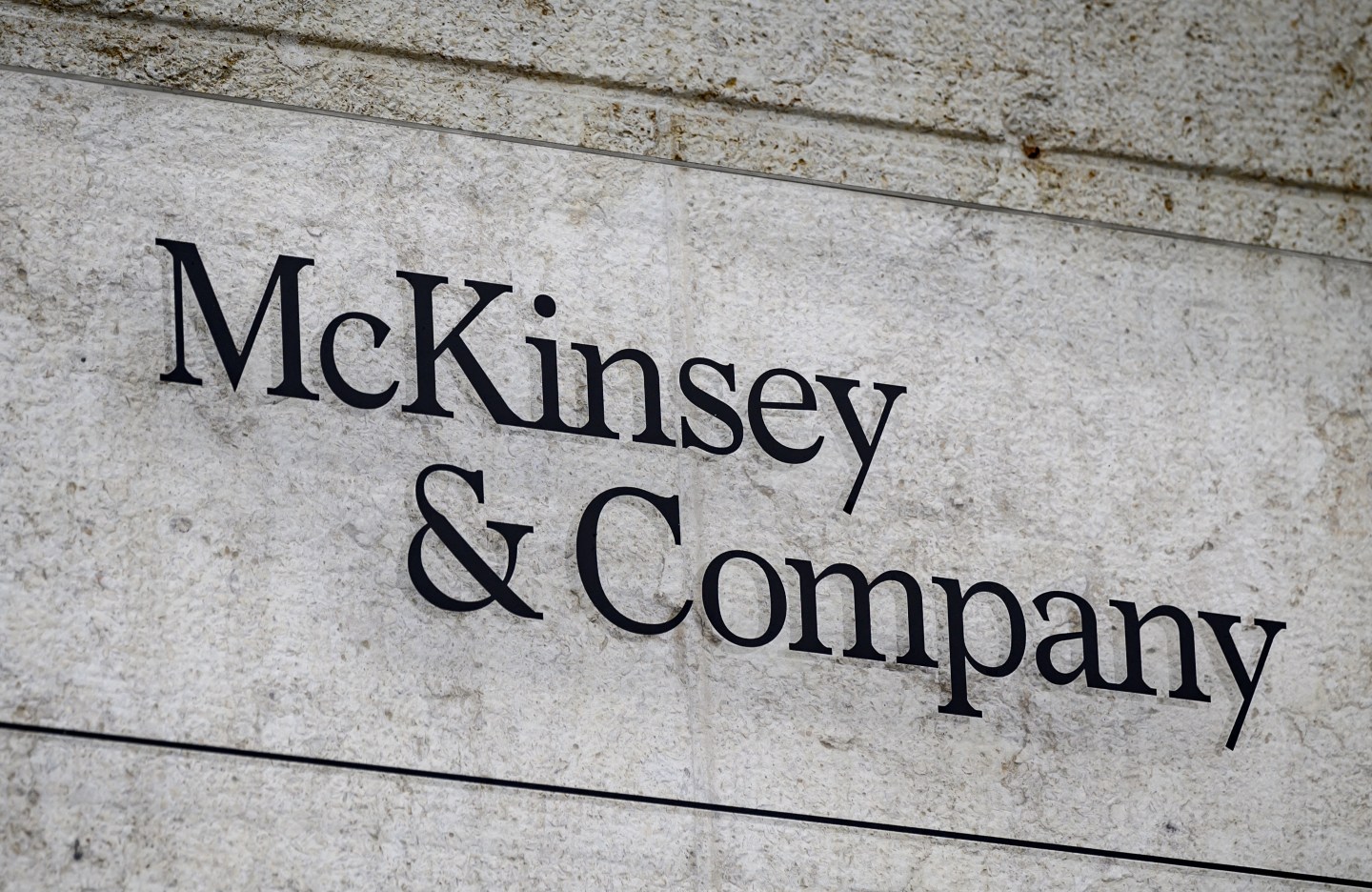If your career goal is the corner office, history suggests five employers give you the best odds. McKinsey tops the list, with 18 of today’s Fortune 500 chiefs wearing its alumni badge. General Electric and PepsiCo follow with 15 each, trailed by Procter & Gamble with 11 and JPMorgan Chase with 10.
For decades, these organizations have served as corporate academies, renowned for their rigorous leadership training and development. In essence, they’ve operated as high-intensity finishing schools.
At McKinsey, recruits rotate across industries and geographies, dissecting sprawling problems and creating and defending solutions before skeptical executives. General Electric built its reputation on world-class management programs that groomed future chiefs through exacting operating roles. PepsiCo and Procter & Gamble are known for giving young managers full P&L responsibility early and demanding sharp marketing instincts. JPMorgan Chase exposes rising leaders to complex global markets, risk management, and high-stakes client relationships.
Each environment has historically forced ambitious talent to build range, master financial discipline, and develop the judgment boards look for when filling the top job.
Of course, past performance is no guarantee of future dominance. And with the advent of AI, the very factors that once made these companies reliable CEO factories are shifting.
“The value of traditional backgrounds hasn’t been discarded,” says Christine Greybe, president of leadership consulting at DHR Global. “But it’s being supplemented by more progressive, digital-first thinking.”
Boards now prize leaders who can operationalize AI, manage its risks, and weave data into core strategy. Chief product and data officers, along with executives who have driven large-scale digital transformations, are increasingly landing on CEO shortlists.
AI also threatens the old apprenticeship model itself. At firms like McKinsey, the analytical grind that once built leadership muscle—benchmarking, research synthesis, even presentation work—is rapidly automated. And as technology reshapes every industry, companies such as Amazon and Microsoft are becoming prime hunting grounds for boards seeking digital fluency at the top, several executive recruiters told me in private conversations.
To be sure, the pedigrees of McKinsey, GE, PepsiCo, P&G, and JPMorgan still carry weight, but tomorrow’s chiefs will need more than classic strategy and P&L discipline. They will have to pair those fundamentals with product sense, data literacy, and comfort managing AI-driven change. For ambitious professionals, these storied academies remain powerful launchpads, provided they’re matched with experiences suited to a business world being rewritten by technology.
READ: How McKinsey built an empire of influence and filled the world’s corner offices with its own
Ruth Umoh
ruth.umoh@fortune.com
Smarter in seconds
Agility advantage. Why Kind Snacks’ CEO says adaptability is the ultimate leadership skill
Grounded growth. Wayfair’s president on the power of humility and IRL shopping
Total commitment. LinkedIn’s cofounder says seeking work-life balance is a red flag that you’re ‘not committed to winning'
Leadership lesson
Jon Blotner, Wayfair's president of commercial and operations, on career reflections: "The thing that I always look for, and have always looked for, is just a space that's got really hard challenges...where I get a lot of autonomy, and where I can learn from others."
News to know
Citadel CEO Ken Griffin, who backed Trump’s election but has since criticized key policies, called it “nauseating” to see CEOs seek tariff exemptions. Fortune
Massive government subsidies and investments from industry partners have given Intel a path to redemption, but its fate hinges on flawless execution. Fortune
The retail industry was already unforgiving, but new CEOs now face even sharper headwinds, from margin-crushing tariffs to shoppers pulling back their spending. NYT
Oracle is testing an unusual succession strategy, handing the reins of the $870 billion enterprise to four top executives who will share leadership. Fortune
NYC Mayor Eric Adams dropped his reelection bid amid sinking poll numbers and pressure from business leaders seeking a stronger contender against Zohran Mamdani. The New Yorker
Citigroup’s investment-banking revival has turned Vis Raghavan into a top contender for the CEO role. Bloomberg












